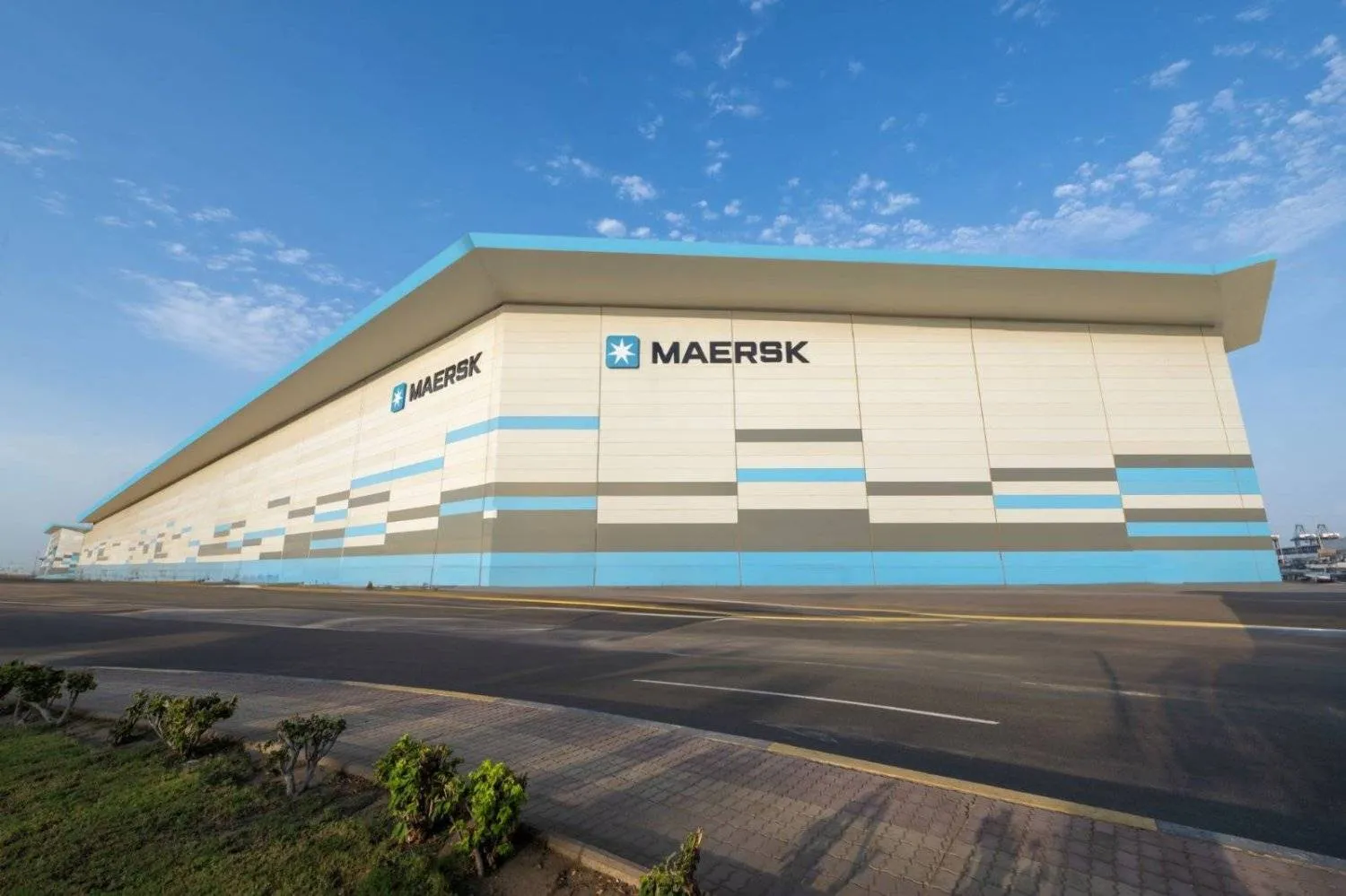The Saudi government is expanding its logistics zones to strengthen global supply chains and navigate future geopolitical and economic challenges.
This effort is part of the Kingdom’s plan to become an international logistics hub, connecting three continents and supporting its broader development goals.
Recently, the government announced the opening of new logistics zones, including a major investment by Danish shipping company Maersk.
The company has invested 1.3 billion Saudi riyals ($350 million) in a facility at Jeddah Islamic Port. With this addition, Saudi Arabia now has 22 logistics zones, aiming to reach 59 by 2030.
In November 2022, the Saudi government launched its first integrated logistics zone at King Khalid International Airport in Riyadh, with Apple as the first partner, opening a facility to serve Saudi Arabia and Africa.
In August 2023, the Saudi Ports Authority partnered with Al-Jeri Logistics to create two logistics zones at Jeddah Islamic Port and King Abdulaziz Port in Dammam.
These zones, covering 150,000 square meters, aim to improve services and boost the competitiveness of Saudi ports.
Experts told Asharq Al-Awsat that Saudi Arabia’s expansion of its logistics sector is vital for maintaining global supply chains and addressing future geopolitical and economic challenges.
Nashmi Al-Harbi, a logistics and supply chain expert, highlighted that expanding logistics zones will boost service efficiency locally and internationally.
He noted that Saudi Arabia’s strategic position, linking three continents, is crucial for sustainable supply chains.
Al-Harbi also mentioned that regional countries benefit from Saudi Arabia’s logistics advancements, attracting major global companies and facilitating trade and export activities.
Khaled Al-Ghamdi, another logistics expert, emphasized that Saudi Arabia's new logistics zones reinforce its role as a global logistics hub.
This expansion reduces the cost of transporting and storing goods, supporting local industries.
Al-Ghamdi said the spread of logistics zones enhances trade networks and could place Saudi Arabia among the top 10 countries in the Logistics Performance Index.
He added that the government has plans for 18 logistics zones, with three already operational, reflecting the Kingdom’s commitment to growth.
These zones use advanced systems and technologies, cutting costs and saving time for companies.
The integration with airports and roads creates a cohesive logistics network, making Saudi Arabia an attractive investment destination and a key global logistics hub.









